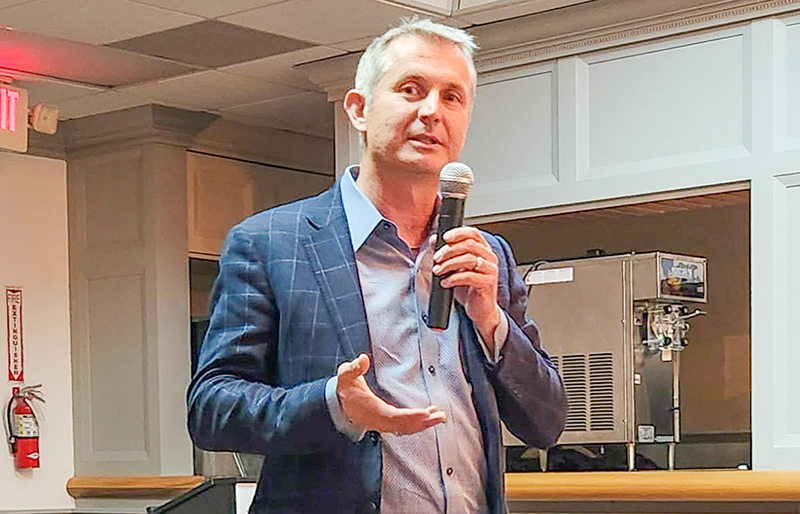Almost half of all transgender Southerners say they experience “high levels” of violence
Percentage of those experiencing harassment or violence rises to nearly 3 in 5 among trans women or femmes

Almost half of all transgender people in the American South say they have experienced “high levels” of violence in their lives, with a majority of trans people of color experiencing “high levels” of violence at the hands of law enforcement, according to a new study.
The study by the Transgender Law Center and Southerners On New Ground, based on a 2017 survey of 135 transgender, nonbinary, and gender-nonconforming Southerners, finds that 47% of transgender and gender-nonconforming Southerners reported experiencing high levels of violence from strangers.
That rises to 58% when just transgender women and femmes are polled.
The report defines “high levels of violence” as harassment, discrimination, verbal threats or slurs, or actual physical violence directed against someone because of their gender identity
The study also finds that 41% of survey participants said they experienced “high levels” of violence at the hands of police, with 52% of participants of color saying the same.
A nearly identical percentage, or 40%, say they have experienced high levels of violence from health care providers.
Nearly one-third of respondents identified as trans women, with another third identifying as nonbinary, and one-fifth identifying as trans masculine. In terms of sexual orientation, 44% identified as “queer” and 28% as gay. Eighty-eight percent of respondents fell between the ages of 18-45.
A majority of respondents experienced difficulties changing their identity documents to best reflect their identity, with 40% being able to change the gender marker on their driver’s license and 19% being able to successfully change the gender marker on their passport. Only 12% said they were able to change the marker on their birth certificate — though state laws in most Southern states often make that difficult to accomplish.
Transgender and gender-nonconforming Southerners also tend to fall at the lower end of the income scale, with 7 in 10 reporting an income of $45,000 or less per year. About 12% said they were either currently or formerly incarcerated.
In terms of sexual health, with 15% saying they’re HIV-positive, with half of that number saying they have an undetectable viral load. Another 12% say they don’t know or have never been tested to find out their HIV status.
Respondents were asked to identify two main issues that would encourage trans and gender-nonconforming people to become active and push for change. More than 2 in 5 named access to basic health care, including HIV-inclusive health care, as the primary driver, with 21% naming law enforcement accountability. Other possible issues of engagement included ending cash bail and controversies over deportation and detention of undocumented immigrants.
Kayla Gore, the Southern regional organizer for TLC@SONG, said in a statement that she was “personally all too familiar” with the issues highlighted in the report as a black trans woman living in the South.
“The one constant through the widespread discrimination we face is our ability to support and rely on each other, which is why it’s incredibly powerful to have data created by and for trans and gender nonconforming people living in the South,” said Gore. “Trans Southerners like me can use the Grapevine Report as proof of our lived experiences as we advocate for the resources, services, and solutions our communities need.”
Support Metro Weekly’s Journalism
These are challenging times for news organizations. And yet it’s crucial we stay active and provide vital resources and information to both our local readers and the world. So won’t you please take a moment and consider supporting Metro Weekly with a membership? For as little as $5 a month, you can help ensure Metro Weekly magazine and MetroWeekly.com remain free, viable resources as we provide the best, most diverse, culturally-resonant LGBTQ coverage in both the D.C. region and around the world. Memberships come with exclusive perks and discounts, your own personal digital delivery of each week’s magazine (and an archive), access to our Member's Lounge when it launches this fall, and exclusive members-only items like Metro Weekly Membership Mugs and Tote Bags! Check out all our membership levels here and please join us today!























You must be logged in to post a comment.